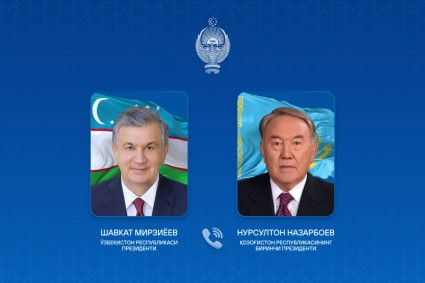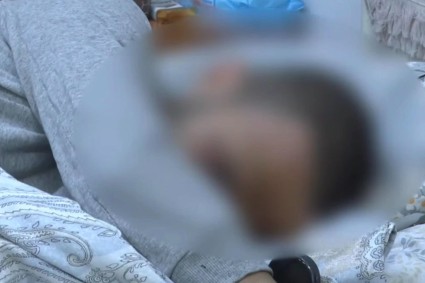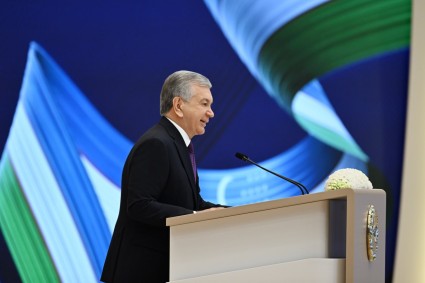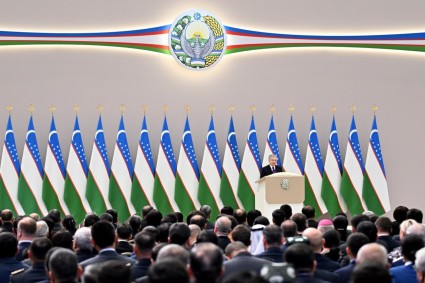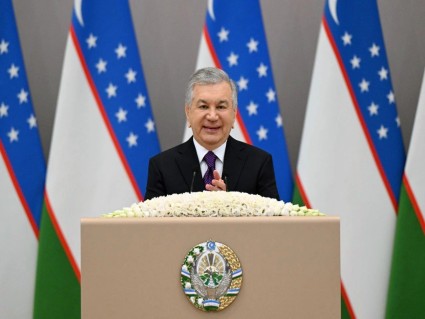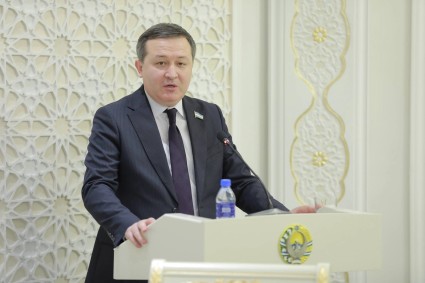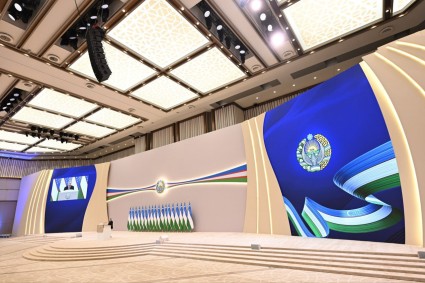Uzbekistan has left the black zone climbing 5 places to 160th among 180 countries in the 2019 World Press Freedom Index compiled by the International Organisation Reporters Without Borders (RSF).
RSF noted that three years after President Islam Karimov’s death, a thaw has begun in what was one of the planet’s harshest dictatorships. The last imprisoned journalists – some of whom had been held for nearly 20 years – have been released but have not been rehabilitated.
Live political broadcasts have made an appearance and some media outlets are now covering sensitive subjects such as corruption and forced labour. But criticizing the highest level of government is still out of the question. Surveillance, censorship and self-censorship are still present and the authorities maintain a significant level of control over the media, the RSF said.
According to RSF, many news websites continue to be inaccessible, Facebook and YouTube were often blocked in 2018 and several bloggers were arrested. Uzbekistan has reopened its doors to foreign and exile journalists but very few permanent accreditations have been issued. It will be hard to fully restore press freedom without political pluralism and without justice for the dictatorship’s crimes. The road is still long.
As usual, Scandinavian countries top the list, with Norway ranked first. While, Turkmenistan, North Korea and Eritrea were ranked the lowest in media freedom.
Released each year by the international organization RSF, the index ranks 180 countries/territories according to the freedom that it allows to journalists based upon the organization’s own assessment of the countries' press freedom records in the previous year. It intends to reflect the degree of freedom that journalists, news organizations, and netizens have in each country, and the efforts made by authorities to respect this freedom.


